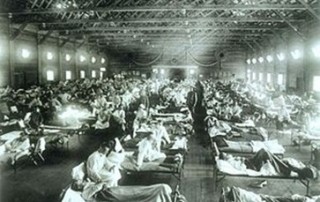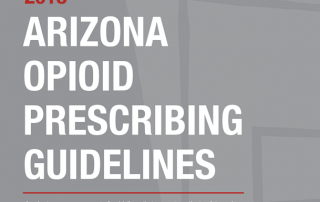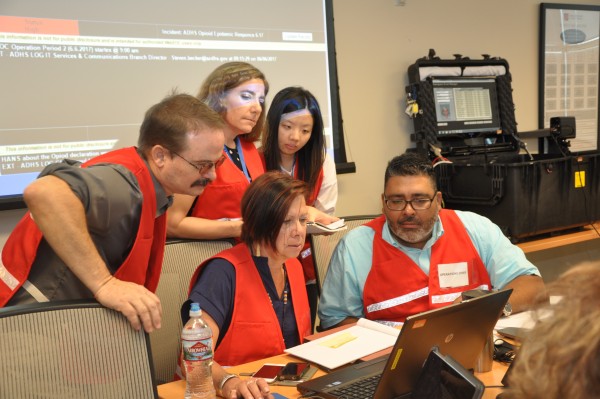Controlling Unusual Resistance Germs
CDC’s Vital signs publication recently highlighted unusual antibiotic resistance germs, which are resistant to all or most antibiotics tested and are uncommon or carry special resistance genes. Antibiotic-resistant germs can spread very easily. Germs constantly develop resistance against new and older antibiotics. Examples of unusual resistance include: Vancomycin-resistant Staphylococcus aureus (VRSA), Candida auris and certain types of “nightmare bacteria” such as carbapenem-resistant Enterobacteriaceae (CRE). New nationwide [...]
Public Health Advancements 100 Years After the 1918 Influenza Pandemic
The 1918 influenza pandemic was a devastating global event responsible for up to 100 million deaths. While it is widely known as the “Spanish Flu”, it likely did not originate there. Although most people first learned of the pandemic from Spanish news, some of the earliest documented cases were in the Midwestern U.S. In Arizona at the time, there were [...]
Arizona Celebrates the 2018 CDC Childhood Immunization Champion
The Arizona Department of Health Services and The Arizona Partnership for Immunization are proud to announce that Lieutenant Commander Greg Sarchet, from White River Indian Hospital/Indian Health Service/Unites States Public Health Service has been selected as the Centers for Disease Control and Prevention (CDC) Childhood Immunization Champion for Arizona. The annual CDC Childhood Immunization Champion Award, given jointly by the CDC Foundation and CDC, honors [...]
Arizona Efforts to Combat Vector-Borne Diseases
A recent Vital Signs report from the CDC highlights the increasing threat of “vector-borne” diseases—illnesses spread by mosquitoes, ticks, and fleas. Between 2004 and 2016, reported cases of vector-borne diseases tripled, and over half a million people became ill from diseases such as Lyme, West Nile, Rocky Mountain spotted fever, and plague. In addition, nine new diseases were introduced or discovered in the U.S, including Zika, Chikungunya, Rickettsia parkeri, [...]
Several Components of the Arizona Opioid Epidemic Act Go into Effect
Many of the provisions of the Arizona Opioid Epidemic Act, or Senate Bill 1001, go into effect on April 26. Governor Ducey signed the law on January 26, just four days after a special session was held with unanimous support for passage of the landmark legislation to reduce overdoses and improve patient safety. Some of the provisions of the bill going [...]
Arizona Receives Top Marks in CDC’s Annual Report for Public Health Preparedness
I’m excited to announce that our State has received another set of outstanding scores for public health preparedness from the Centers for Disease Control and Prevention’s (CDC) Office of Public Health Preparedness and Response (OPHPR). The 2018 National Snapshot provides an overview of federal, state, local, and tribal preparedness and response efforts. The report also includes fact sheets with performance measures for each of the [...]
















